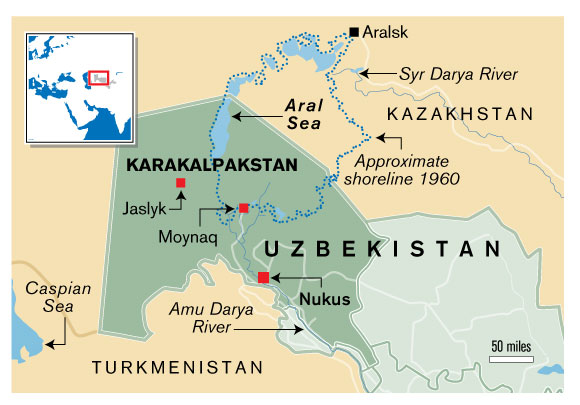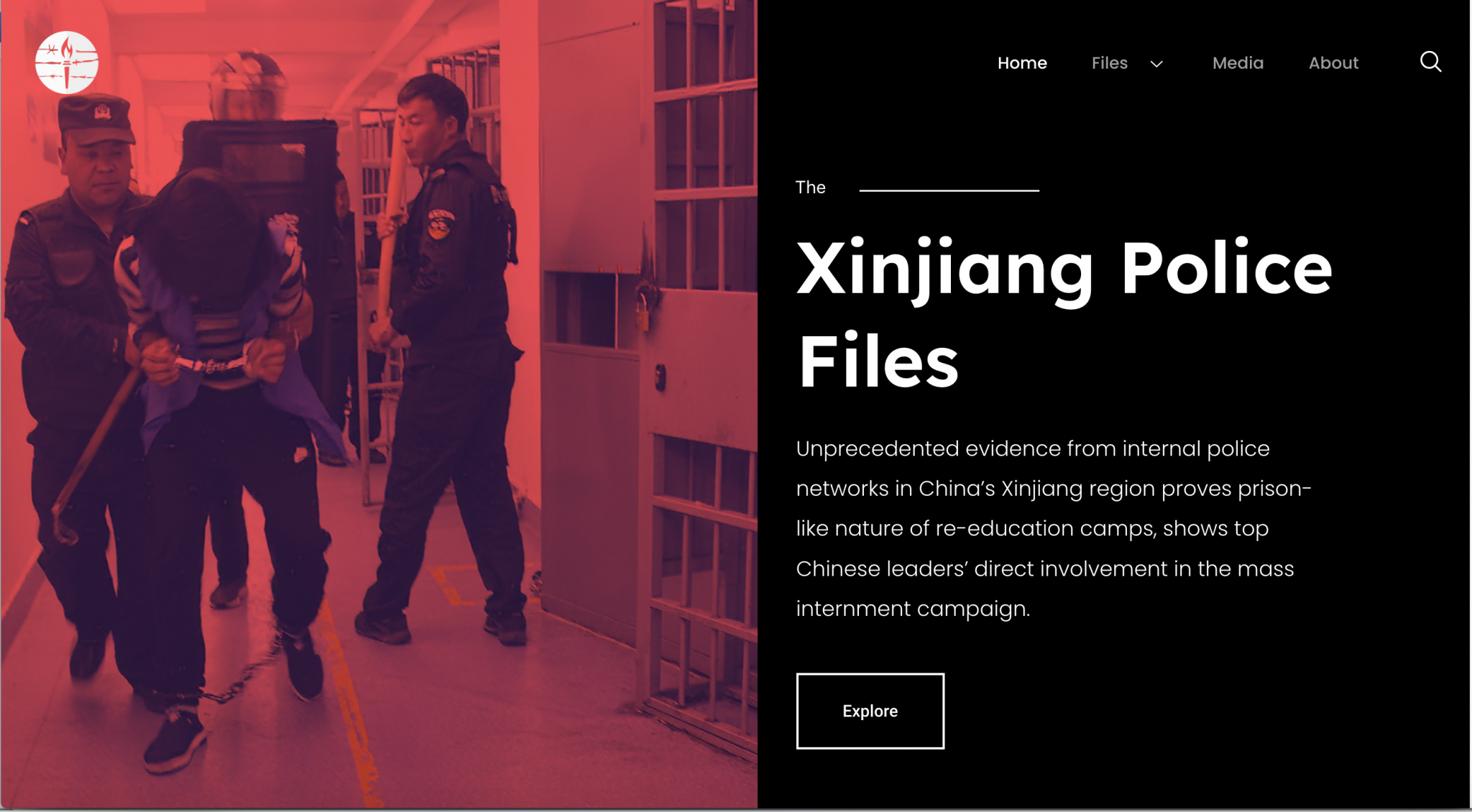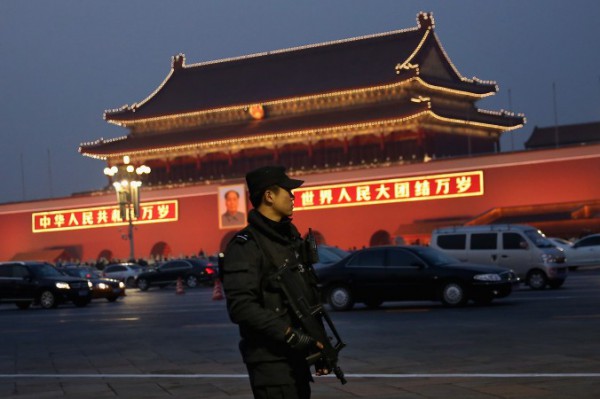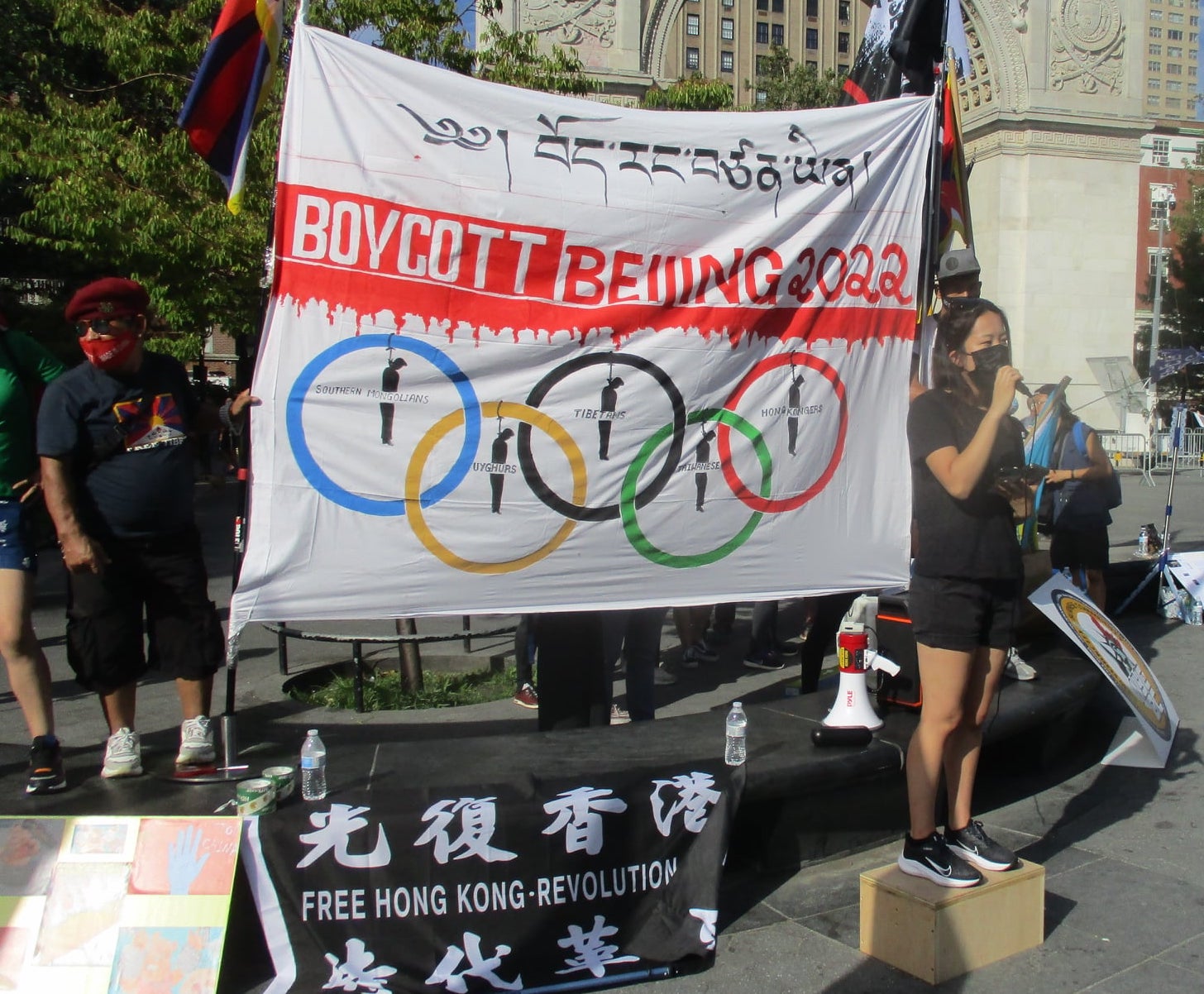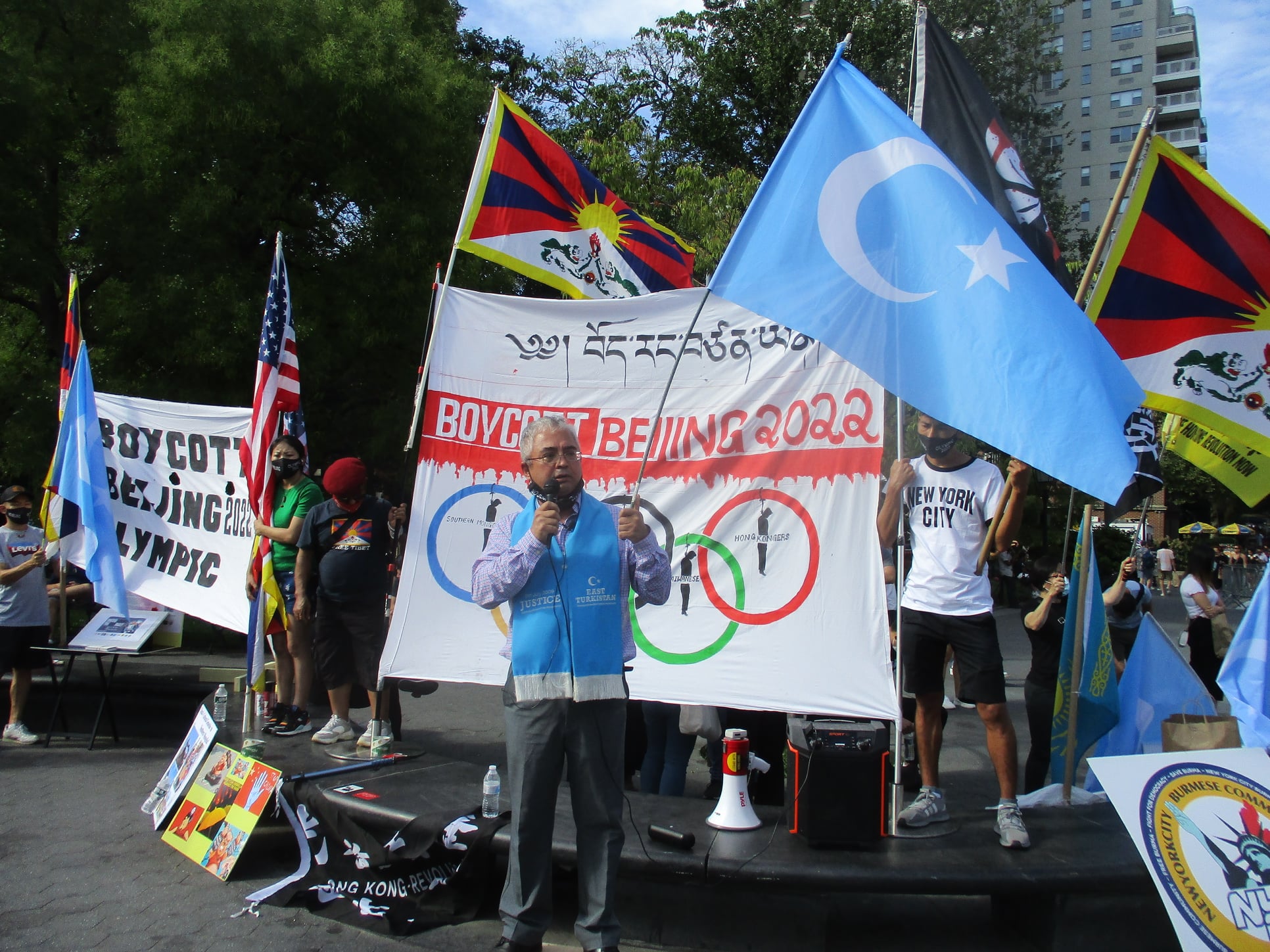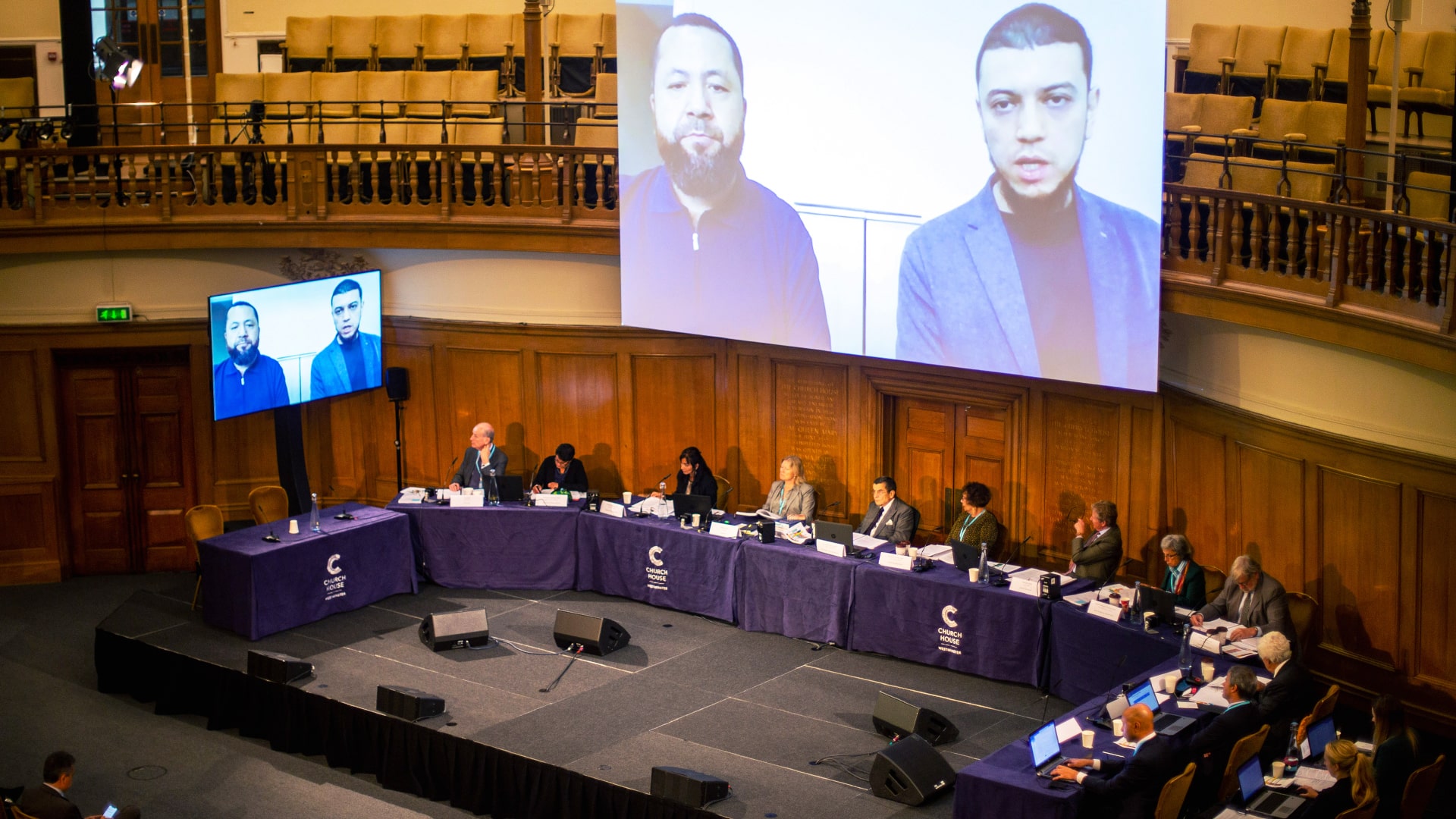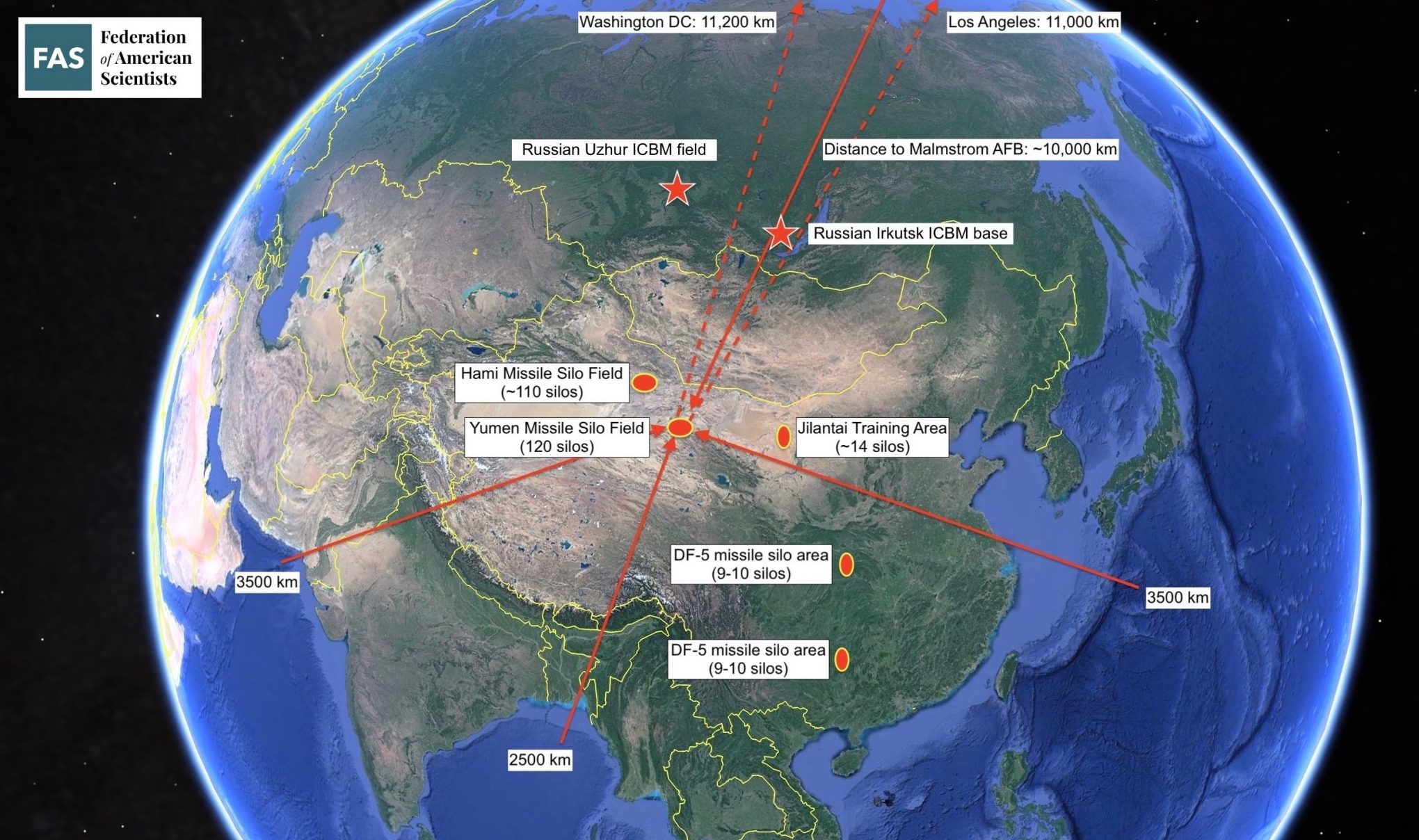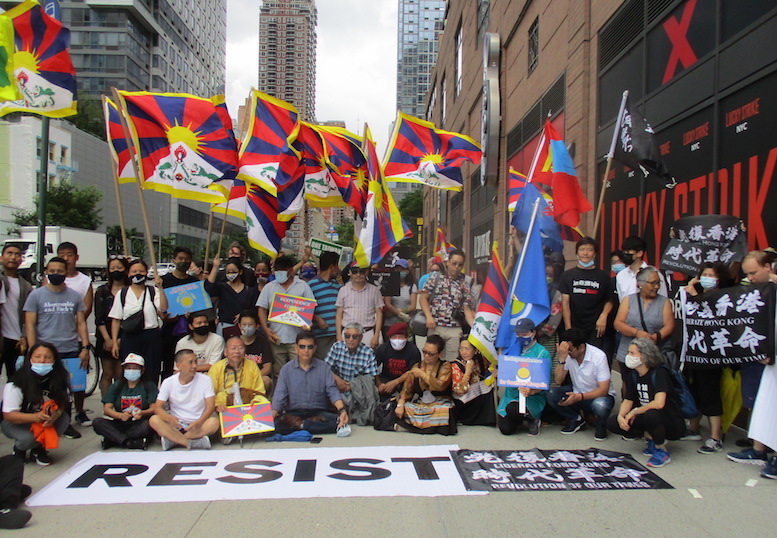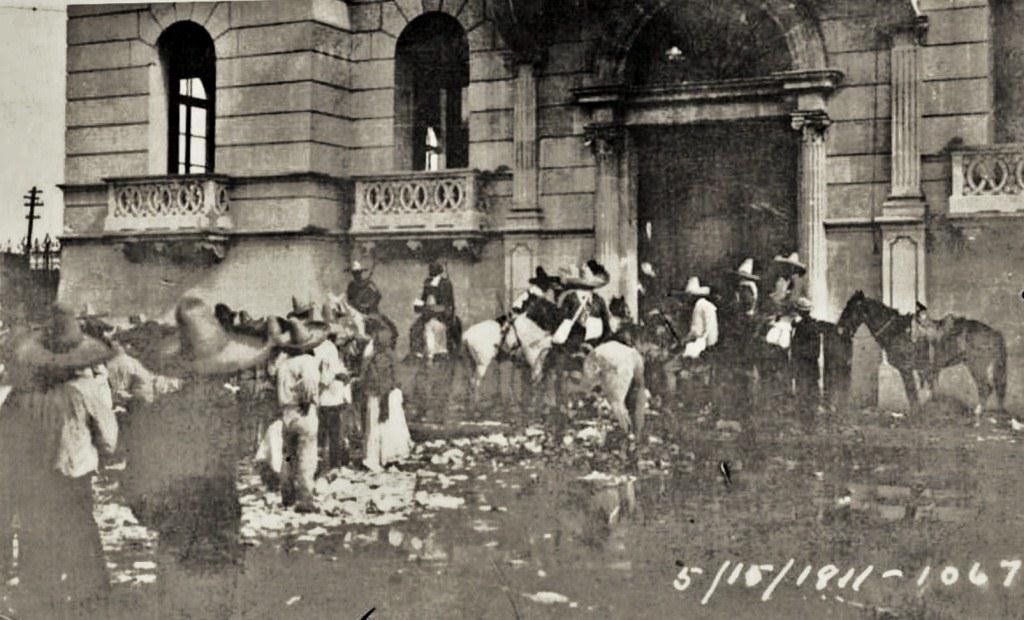UN report confirms forced labor in Xinjiang, Tibet
United Nations Special Rapporteur on slavery Tomoya Obokata released a report on contemporary forms of slavery, which found that it is “reasonable to conclude” that forced labor “among Uygur, Kazakh and other ethnic minorities in sectors such as agriculture and manufacturing” is taking place in China’s Xinjiang region. The report added: “Similar arrangements have also been identified in the Tibet Autonomous Region, where an extensive labour transfer programme has shifted mainly farmers, herders and other rural workers into low-skilled and low-paid employment.” (Photo via Bitter Winter)



